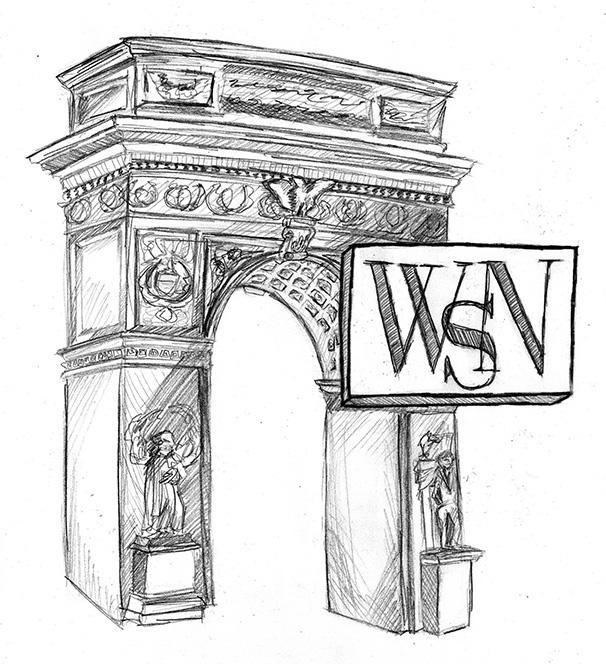Ending Net Neutrality Could Lead to Tuition Increases
December 1, 2017
On Nov. 21, the Federal Communications Commission released a plan to dismantle regulations that have maintained net neutrality — the law that allows internet users free access to any website — for the last three decades. The plan, which is a complete repeal of the rules and guidelines set by former President Barack Obama’s administration, will clear the path for internet service companies to charge internet streamers more for certain web access while blocking others. Essentially, this new FCC proposal will make the world wide web a marketplace that companies will be able to allow, divert and block access to non-paying streamers — just like any other market. As a result, universities across the country will have to start paying more not just for standard internet access but the very same access available to everyone today worldwide. This may lead to an increase for any students who want internet access, which is nearly all of us.
For students and educators alike, the proposal to kill net neutrality has massive implications. It is no secret that the cost of higher education and related resources are at an all time high. In addition to greatly limiting the access to free educational resources for students, this plan would likely force universities to pay more for the internet services that its students and educators need. Even if the dreaded “internet website bundles” that are being predicted as an outcome never come to fruition, this proposal will have a massive impact on NYU — the university will need to find a way to gather the money to continue offering internet services for thousands of students. This cost would likely be pushed onto students in the form of increased tuition, as is usually the case with additional costs in education.
The FCC needs to reconsider its stance on the net neutrality debate. The profits that private company moguls such as Google or Amazon would be able to gather due to this change are staggering. But the benefits reaped by these huge companies should in no way obscure the trickle down effect it would have on academia and individual consumers, such as students.
In a nation where the cost of education is already inflated beyond reason, having to pay more for simple internet access would place a serious burden on university students and educators alike. Here at NYU, the last thing we need is more expensive internet service.
Email the WSN Editorial Board at [email protected].
























































































































































